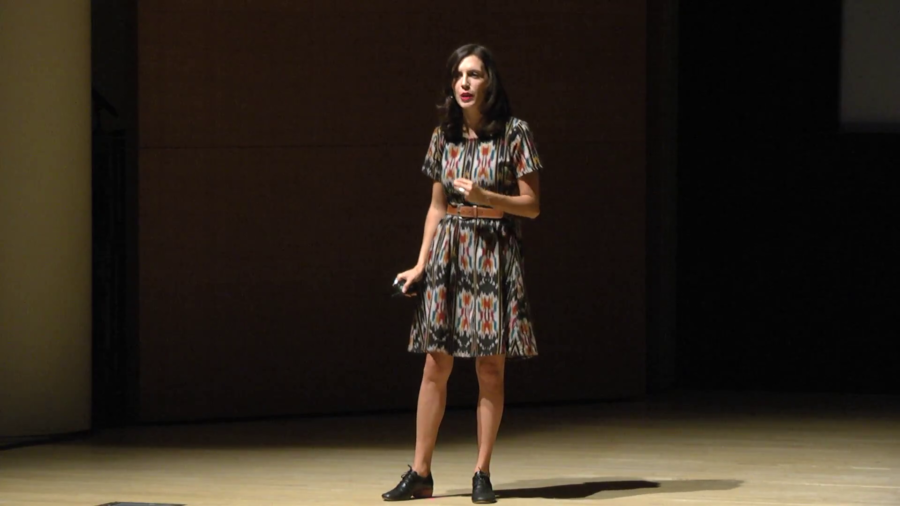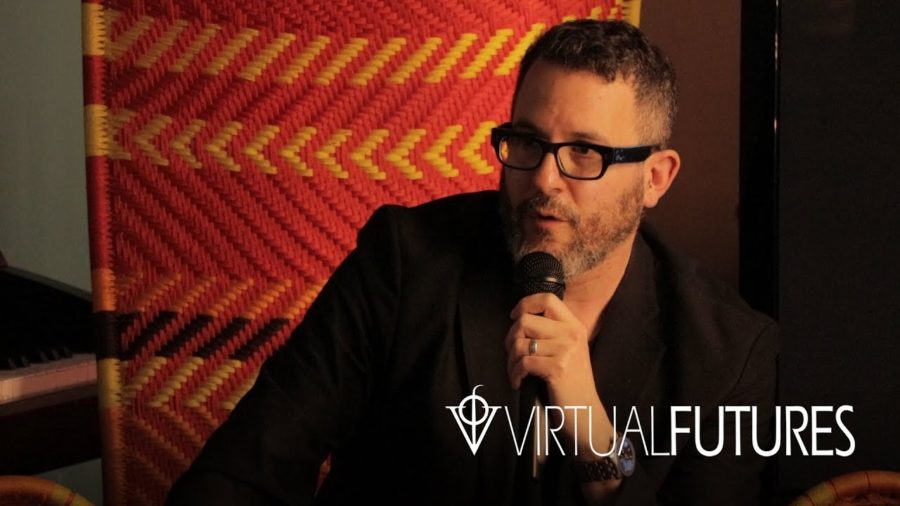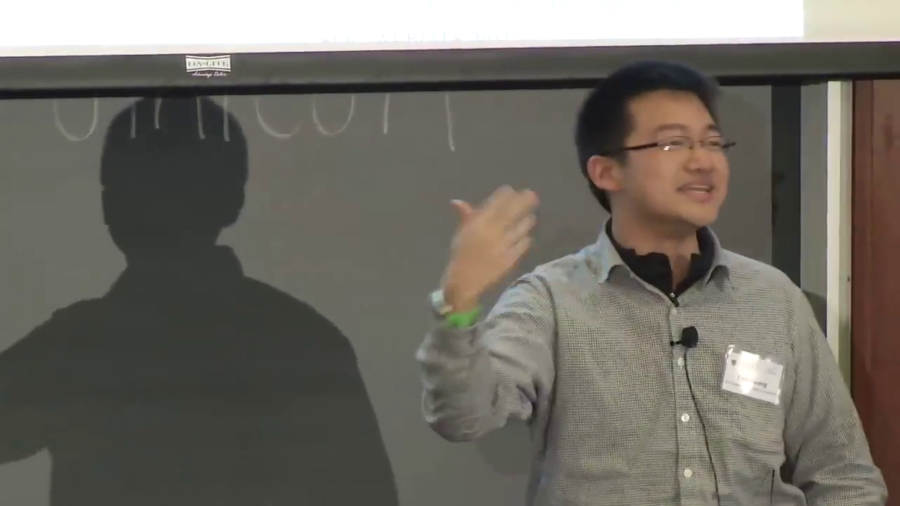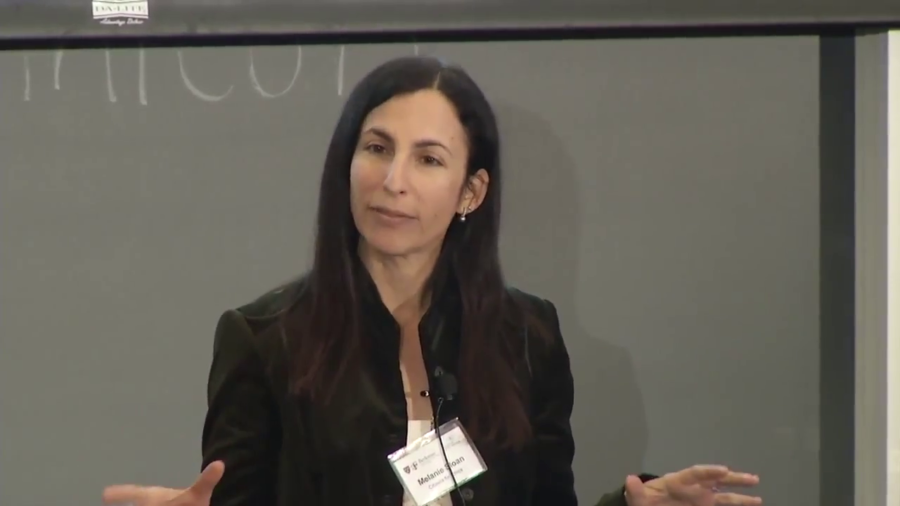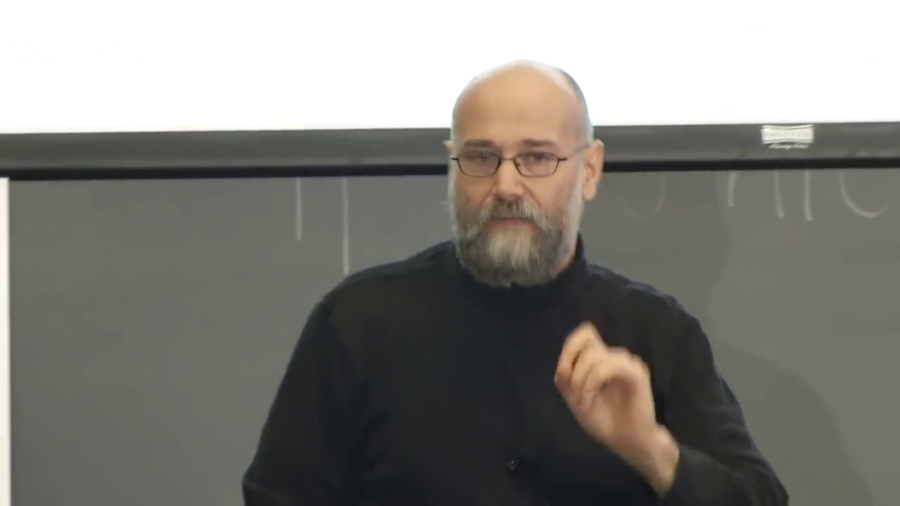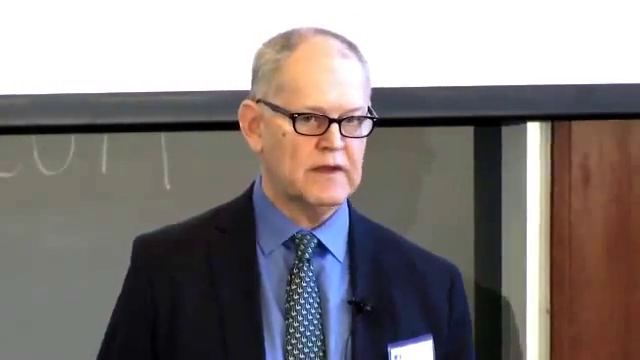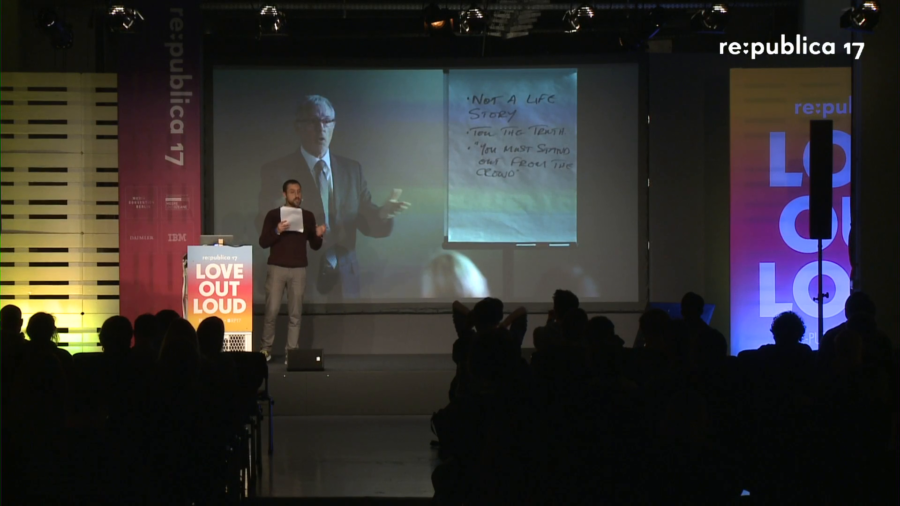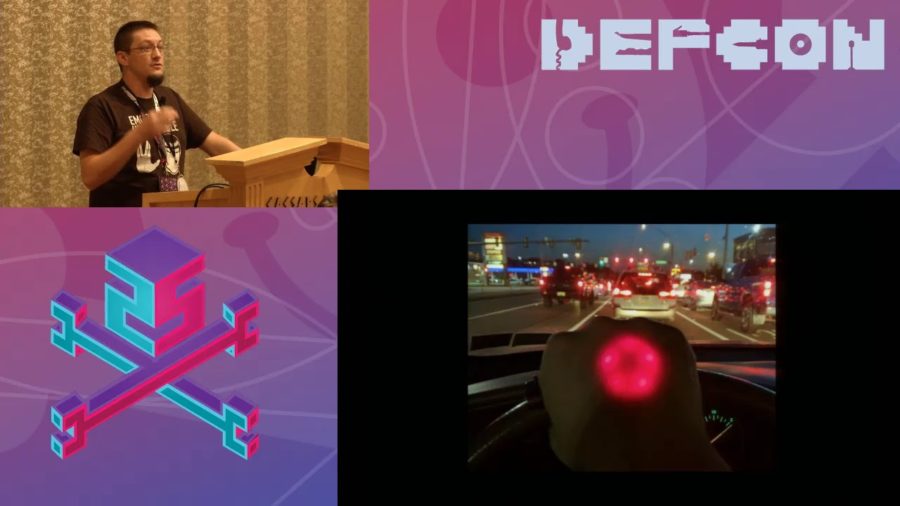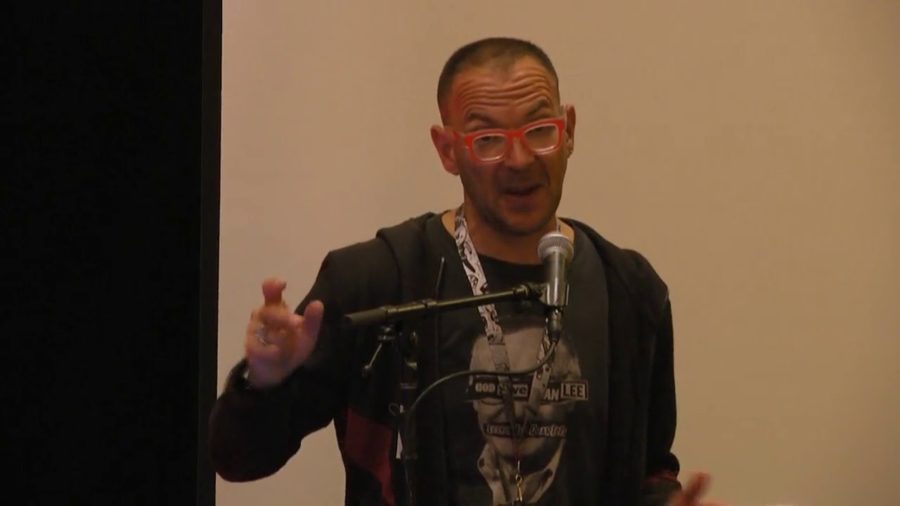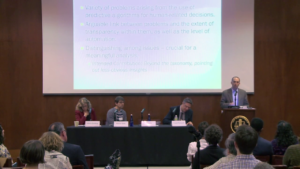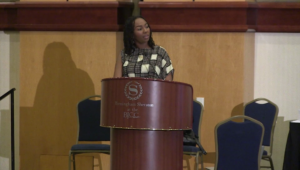Today, in this country, we are suffering from a mass contraction of the heart. And I firmly believe that it is artists that can reopen the heart of America. It is our duty and our responsibility to do this. The day after the election I was terrified. I didn’t want to get out of my bed. I sat in my bedroom crying. But I remembered the young women that I had told just the night before that it was going to be okay. So I did the only thing that I could do. I got up and I got to work.
Nnenna Nwakanma Keynote at Internetdagarna 2015
presented by Nnenna Nwakanma
In Europe, there are about fifty-odd countries, and about 725 million people. That's about the population of Europe at the moment. What's the largest country in Europe in terms of population? Russia is. Russia has about 144 million, 145 million. But Nigeria has more than 170 million, and there are only about 40% of Nigerians who are connected. Read more →

